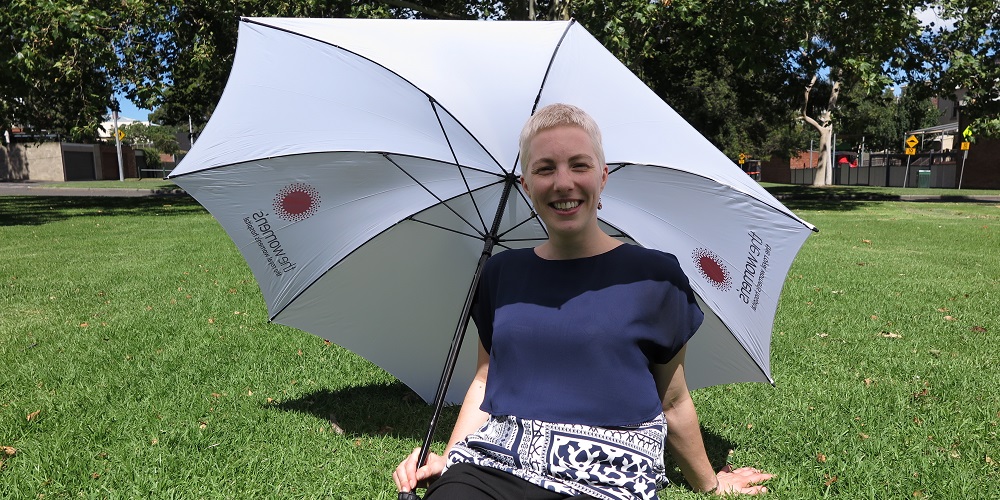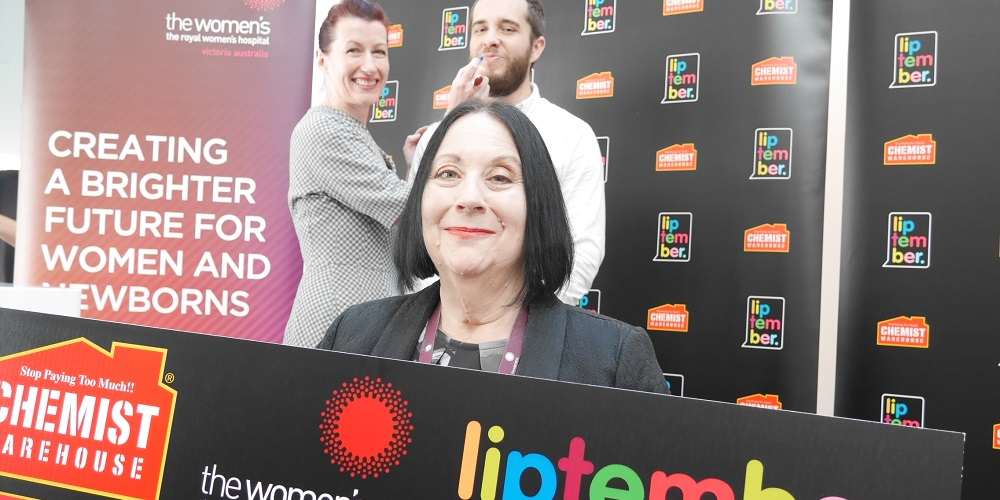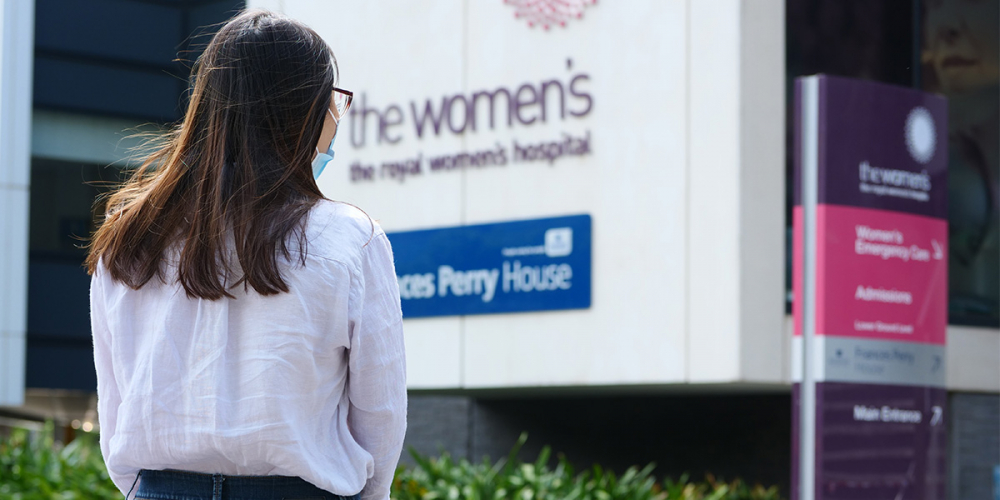
New research has found no relation between vitamin D levels and mental health in young women, Triple J Hack reports.
The Safe-D study, undertaken by the Royal Women’s Hospital, Royal Melbourne Hospital and University of Melbourne, surveyed and assessed 353 healthy women aged 16-25 living in Victoria, Australia, on a range of health indicators, including a careful investigation into linkages between vitamin D and mental health.
Chief investigator Professor John Wark said the study, an offshoot of the larger Young Female Health Initiative (YFHI), came about because “there was a major need for comprehensive, high-quality studies examining the effects of vitamin D on a range of health outcomes, particularly in young women”.
“What we’ve been able to produce is the best quality data possible, in terms of association studies,” Prof Wark said.
Through the innovative method of recruitment via Facebook (YFHI pioneered the use of this approach in recruitment for health research), Prof Wark, the Women’s Director of Microbiology and Infectious Diseases, Professor Suzanne Garland and their team of researchers measured participants’ mental health symptoms –anxiety, depression, psychological distress and general mental health – along with their sun exposure, vitamin D levels and lifestyle choices.
Researcher and PhD student Emma Callegari at the Women’s and University of Melbourne assessed the results.
“It was almost unexpected that we didn’t find a link between vitamin D levels and mental health,” Ms Callegari said.
“What we did notice, however, was that this age group of women recorded a high percentage of general psychological distress – such as low mood and heightened emotions which many put down to just being part of their usual state. The next step would be to investigate this further to determine the cause and how we might be able to reduce or prevent these feelings.”
Prof Wark, from the Royal Melbourne Hospital and University of Melbourne, said the results of Safe-D formed part of a larger body of work into vitamin D levels in young women and whether individuals living in the Australian environment can safely achieve sufficient vitamin D levels from sun exposure. A clinical trial assessing the safety and effectiveness of a smartphone app in improving vitamin D levels has just been completed and results of this important trial will be available later this year.
The YFHI study began in 2010 after Prof Wark and Prof Garland joined forces and pooled resources to assess the relationships between lifestyle, behaviour, physical health and mental wellbeing in young women – the most comprehensive study of its kind.
The study collects a wide range of participant data focused on their mental, sexual, metabolic and bone health and health behaviour/lifestyle.
“Traditional approaches to recruiting don’t work with this group of women. Young people don’t often see the importance or relevance of research in respect to themselves so we had to use a medium that young women are familiar with,” Prof Garland said.
“What we have collected is truly unique data. You can’t find anywhere this breadth of data on this age group of women.”
Read related content from the Women's
-
Sleep, sunshine & vitamin D
Sleep, sunshine and vitamin D play a vital role in our general health and may help to improve our menstrual health as well.
Learn more -
 Liptember raises more than $1 million for women’s mental health programs
Liptember raises more than $1 million for women’s mental health programsLiptember's 2016 donation of $400,000 has tipped its total fundraising efforts for the Women’s mental health programs to over $1 million
Learn more -
 Women’s Mental Health Service
Women’s Mental Health ServiceThe Women’s Mental Health Service provides assessment and treatment for patients of the Women's who have a comorbid mental health problem.
Learn more